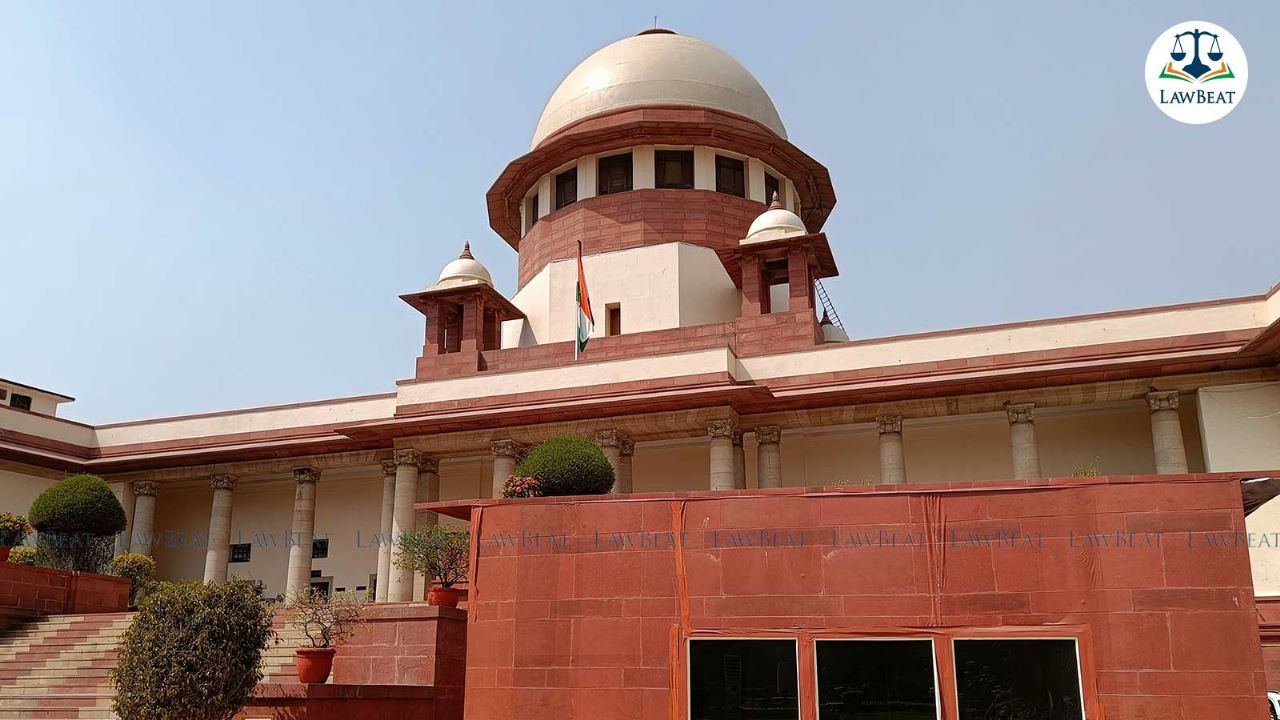Change of law no ground to set aside acquittal: SC

Finding no acceptable ground for delay of about three years, the court pointed out the case, already decided, cannot be re-opened and re-decided solely on the basis of a new interpretation given to that law
The Supreme Court has emphasised change of law by itself cannot be a ground for finding fault with the acquittal judgment rendered in favour of the accused.
A bench of Justices Hrishikesh Roy and S V N Bhatti allowed an appeal filed by Hyder against the Kerala High Court's judgment of March 26, 2023, which had also permitted a plea for condonation of delay of 1184 days in presenting the appeal against the acquittal by the trial court in an NDPS case.
Finding no acceptable ground for delay of about three years, the court pointed out the case, already decided, cannot be re-opened and re-decided solely on the basis of a new interpretation given to that law.
The High Court had noted the trial court acquitted the accused based on the decision in Mohanlal Vs State of Punjab (2018).
It had said Public Prosecutor submitted that the law laid down as per the decision in Mohanlal was held per incuriam and overruled by Mukesh Singh Vs State Narcotic Branch, Delhi (2020). The counsel for the respondent had then submitted that a subsequent change in law cannot be a ground for condoning the delay, particularly when the appeal was not pending when the subsequent decision was rendered.
The High Court, however, has said the judgment under appeal is seen rendered solely based on the dictum in Mohanlal case and the legal position having changed, the appeal has to be heard on merits. Being so, the delay is liable to be condoned. Hence, the delay in filing the appeal is condoned, it had said.
Before the apex court, the appellant submitted that he was acquitted on December 10, 2018 by the Special Court and that the acquittal was based on multiple reasons including the fact that there is no reliable or cogent material before the Court to show that the sample which reached the laboratory, was indeed the sample drawn from the contraband seized from the possession of the accused.
On the aspect of the acquittal being based on the law declared by this Court in Mohan Lal Vs State of Punjab, (2018), the counsel submitted that under the ratio in the said judgment, it was held that a fair investigation would postulate that the informant and the investigator must not be the same person.
The counsel, therefore, contended that merely because there is change of law on this aspect in Mukesh Singh Vs State (Narcotic Branch of Delhi) reported in (2020), the High Court could not have condoned the inordinate delay in presenting the special appeal.
In Mukesh Singh case, the court said that in a case where the informant himself is the investigator, that by itself cannot be sufficient to hold that the investigation is vitiated on the ground of bias or like factor. The question of bias or prejudice would depend upon facts and circumstances of each case.
On the other hand, the counsel for the state argued that when there is a change of law and the court subsequently clarified that the informant can also be the investigator in Mukesh Singh, the condonation of delay by the High Court on account of the change of law, cannot be faulted.
After hearing the counsel, the bench said, "We have perused the application for condonation of delay filed by the State before the High Court and notice that there is hardly any acceptable explanation to condone the huge delay of 1184 days, in presenting the appeal. Nothing is mentioned as to why, following the acquittal of the appellant on 10.12.2018, the State waited for over 3 years, to file the appeal on 16.09.2022."
The court also noted the acquittal of the appellant was not only because of the judgment in Mohan Lal case but it also was based on the failure of the prosecution to establish that the sample which was sent to the laboratory, was drawn from the contraband, seized from the possession of the accused.
The bench also adverted to the decision in Delhi Development Authority Vs Tejpal & Ors (2024) where the Court held as under: “To sum up, we hold that subsequent change of law will not be attracted unless a case is pending before the competent court awaiting its final adjudication. To say it differently, if a case has already been decided, it cannot be re-opened and re-decided solely on the basis of a new interpretation given to that law.”
In its conclusion, the bench thus said, "Having considered the basis for the acquittal and also the fact that change of law by itself cannot be a ground for finding fault with the acquittal judgment rendered in favour of the appellant as far back as on 10.12.2018, the impugned order dated 23.06.2023 of the High Court in our assessment, cannot be sustained."
Accordingly, the court set aside the order of June 23, 2023 by allowing the appeal by the accused.
